How to Install or repair a tap
Are you having problems with your bathroom or kitchen taps? Do you want to get some new taps installed by a local plumber or existing taps repaired? Below is a guide to tap istallation replacement and repair.
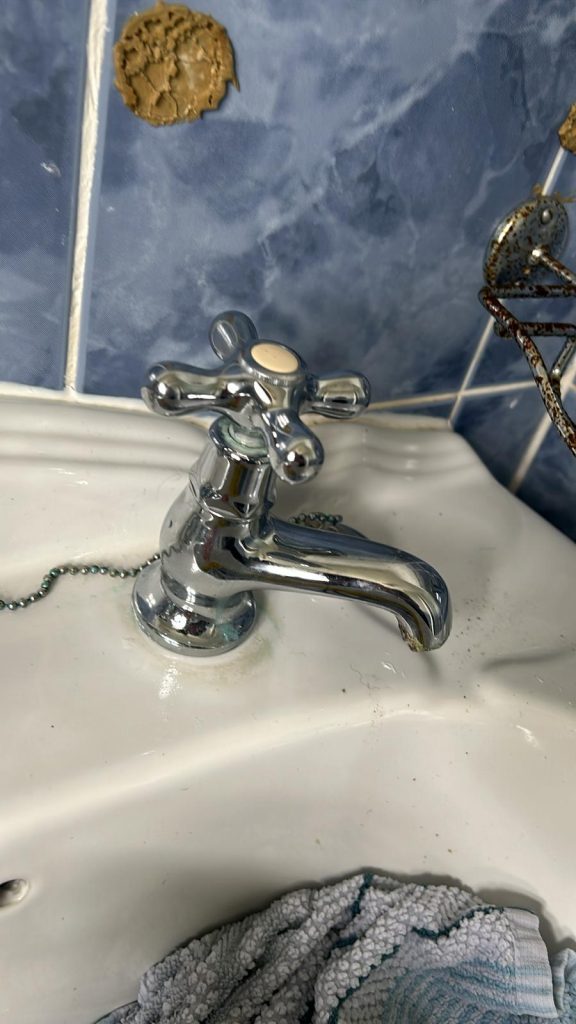
That’s not a problem for us because we install new taps in houses and businesses every day of the week so whenever you’re having a problem with your tap make sure you contact us.
We can come and repair your tap the same day whatever type of tap you may have whether or not it is a mixer tap for example a pillar tap or perhaps you want a garden tap installed outside your house.
What type of Tap Should I choose to replace my tap?
Do you need a new Tap Installation? Are you wondering whether or not you would like to pick a mixer tap? Or maybe you want to go for the more traditional single tap or pillar tap.
This ultimately is a preference for the customer but as a rule of thumb choose a tap that is similar to your tap. So, if you have a bathroom single pillar tap – choose the same.
If you have individual hot and cold taps – choose the same to replace them with.
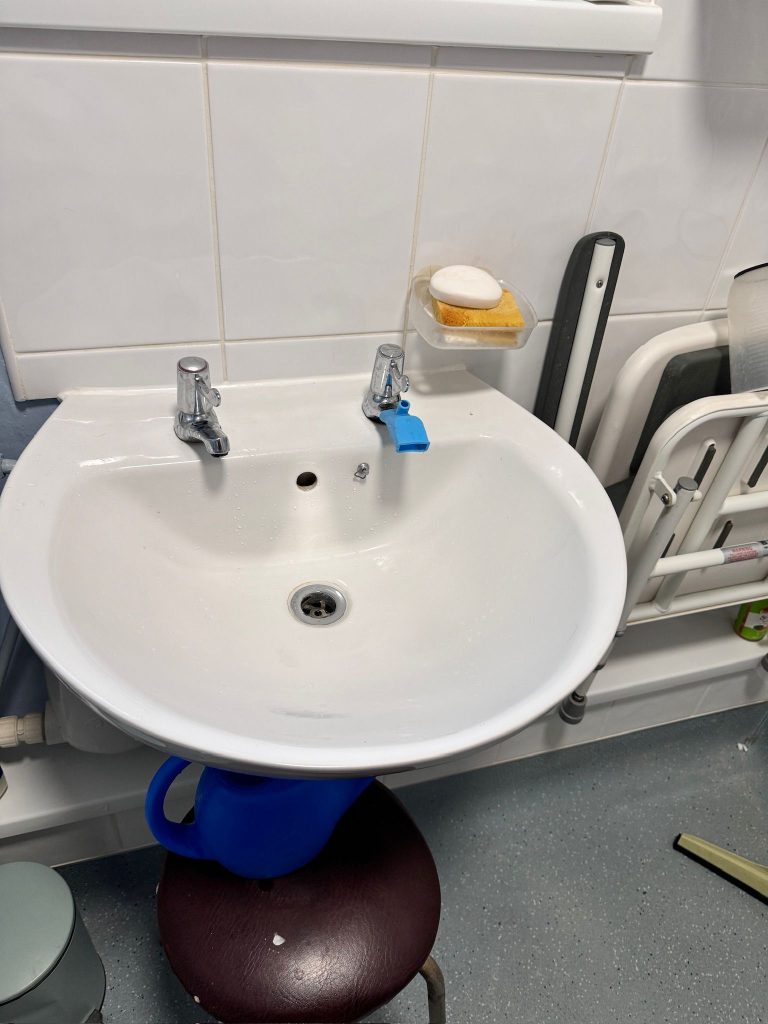
Pillar Taps
If you think that most traditional kitchens and bathrooms had ‘single’ taps or ‘pillar’ taps. Basically one single hot tap and one single cold tap.
The only problem with these taps is that you can burn your hand when the water comes out too hot or during winter the water comes out of the cold tap and it is too cold.
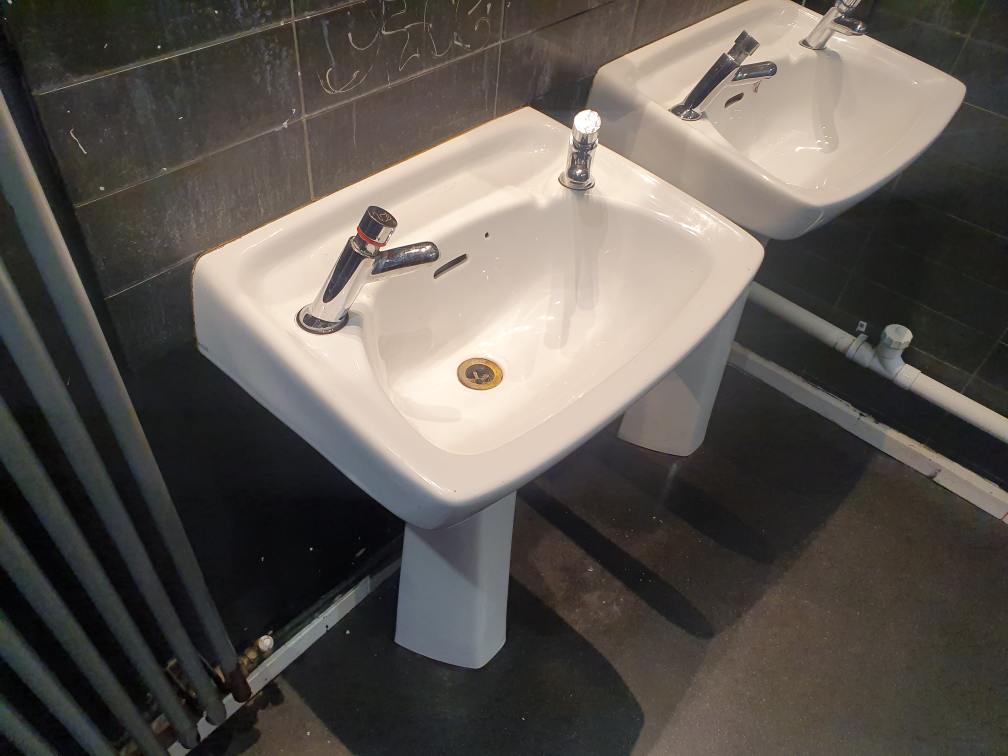
Most people for that reason choose to go for mixer taps however they still is in wide range of pillar taps available so if you choose to have a pillar tap installed or repaired that’s not a problem.
One of the advantages of the traditional pillar tap is that it is usually possible to fix the tap or carry out a repair to The Tap quite easily however the mixer taps often are little bit more difficult as the internal workings often require replacement rather than repair.
Maybe you even prefer to have the traditional single pillar tap because it is something that you prefer in your house then you can easily have one of these taps repaired or a new one purchased and installed in the place of your old tap.
Mixer Taps
Mixer taps are often the choice of most customers because people like the ability to mix the hot and cold water so they don’t burn themselves.
The mixer taps allow the mixed hot and cold water to flow out at the correct temperature already mixed inside the tap. They are usually referred to as either ‘mono mixer’ taps or ‘mono blocks’ or quite simply as ‘mixer taps’ and are available from High streets stores and Bristol plumbing companies.
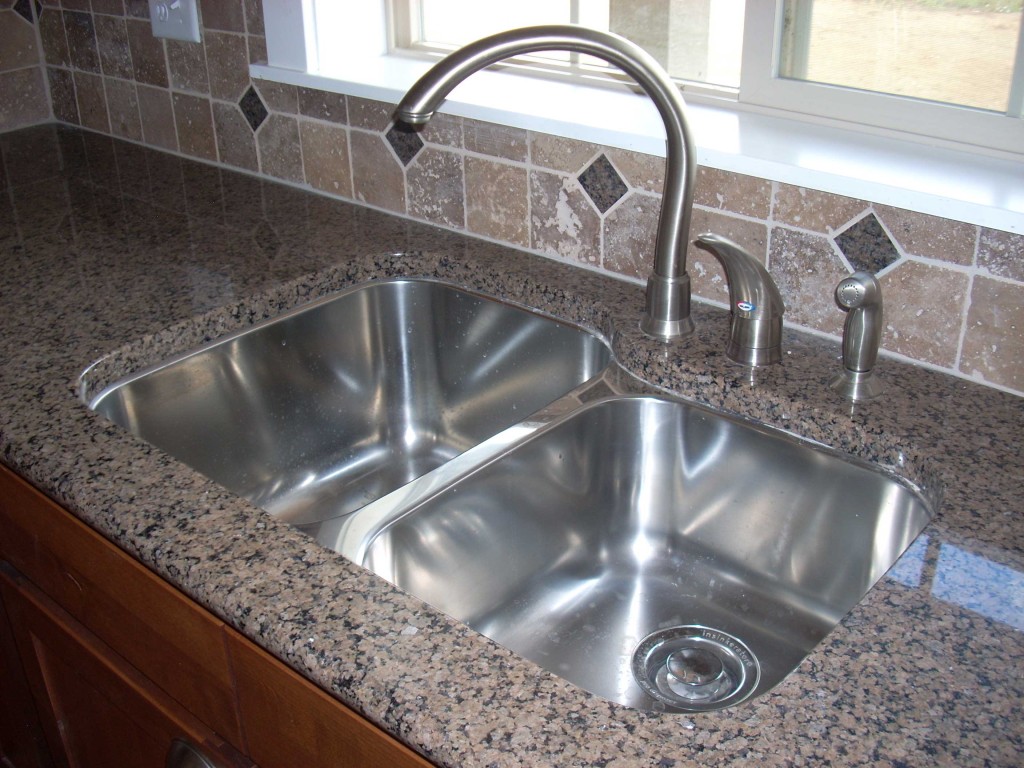
Mixer taps are very easy to obtain nowadays. They are very cheap taps and also can be found to higher end more expensive and higher quality. The quality, style and budget of the tap depends on the customer’s choice.
Should I use a quarter turn tap or a full turn tap?
Traditional single pillar taps used a spindle and washer system and this required the tap to be turned multiple times in order for the water to come out.
Nowadays a tap can usually be converted to a quarter turn tap that uses ceramic discs and the water can be turned on by using a simple quarter-turn which makes it easier. You can upgrade the old washer and spindle type to a quarter turn which gives the tap a lovely modern feeling.
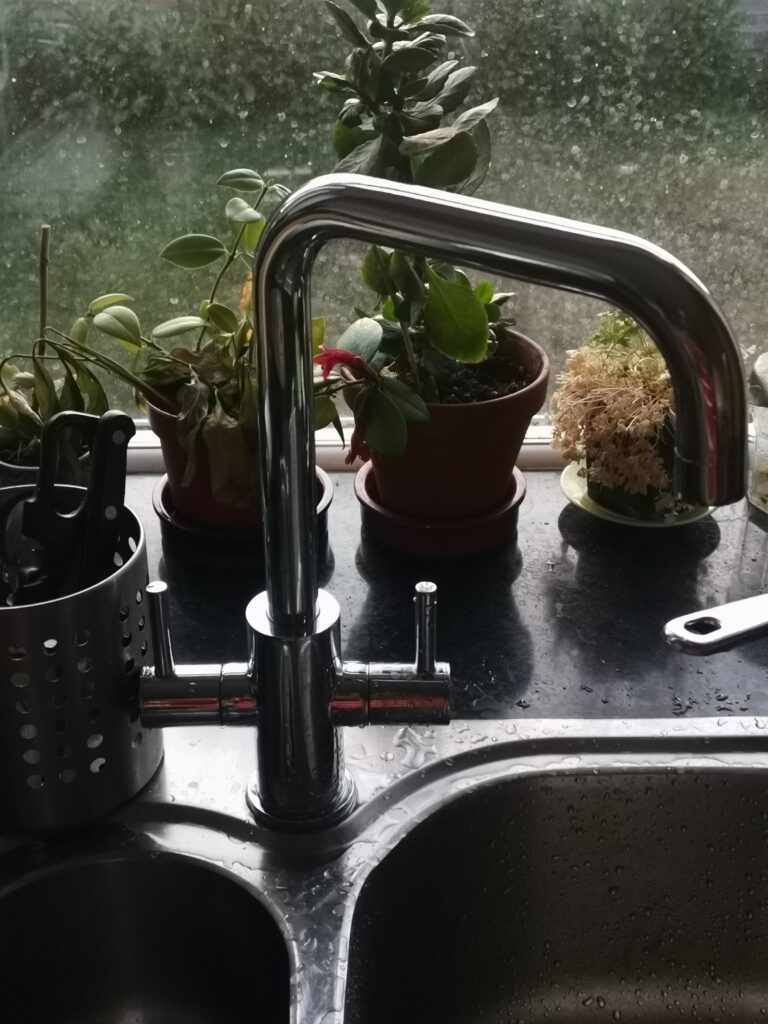
Ensuring Your Water Supply Stays Reliable After Tap Installation
Taps are an essential part of our daily lives, providing access to clean water for various purposes. However, like any other household fixture, they require proper installation and maintenance. In this comprehensive guide, we’ll explore tap installation, tap repair, and the importance of a backup sump pump to ensure your water supply remains reliable.
Tap Installation

Choosing the Right Tap to Install
Selecting the right tap for your needs is crucial. Different types of taps, such as single-handle, double-handle, and touchless, offer various features and benefits.
Tap Installation Process
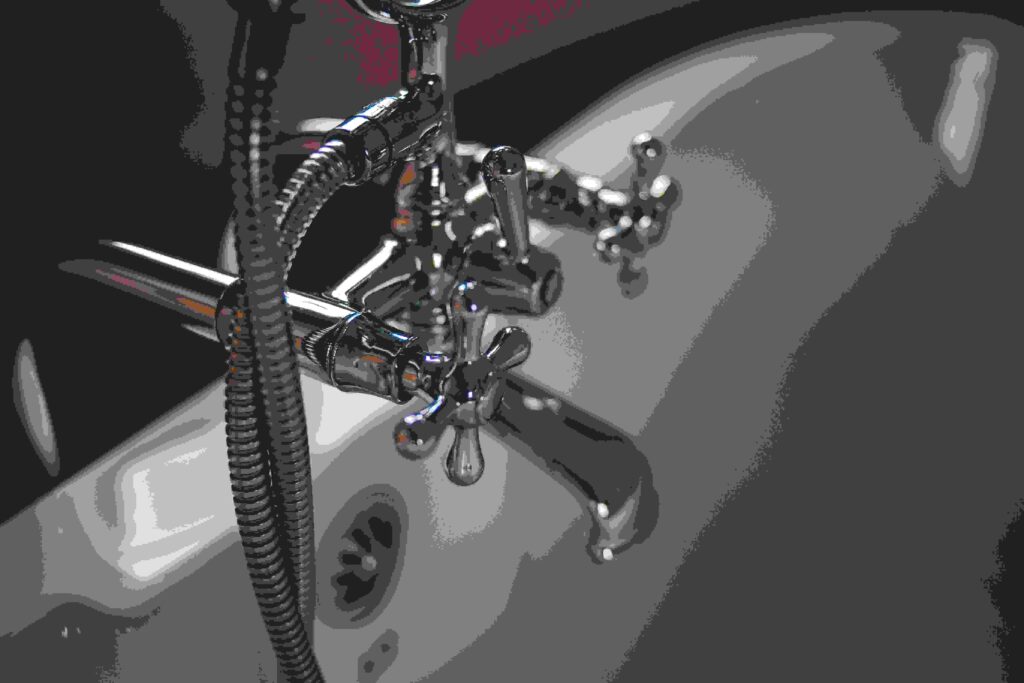
Professional tap installation ensures proper connection to your plumbing system, preventing leaks and ensuring efficient water flow.
DIY vs. Professional Tap Installation
While some may opt for DIY tap installation, it’s advisable to hire a professional to avoid potential problems down the line.
Tap Repair

Common Tap Issues
Explore common tap problems like dripping faucets, low water pressure, and leaks, which may require repair.
DIY Tap Repair
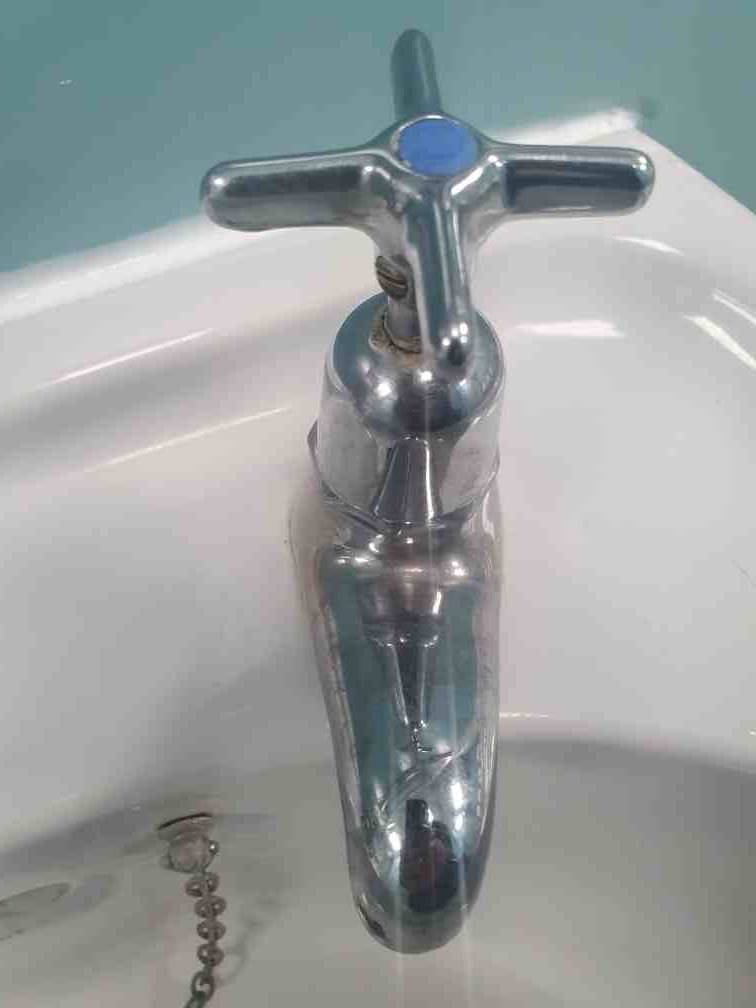
Learn about simple tap repairs you can handle on your own, such as replacing washers or O-rings.
When to Call a Professional Plumber for a Tap Installation
Recognize the signs that indicate it’s time to seek the expertise of a professional tap repair service.
See an article about blocked external drain.
FAQs About Tap Repair and Tap Installation
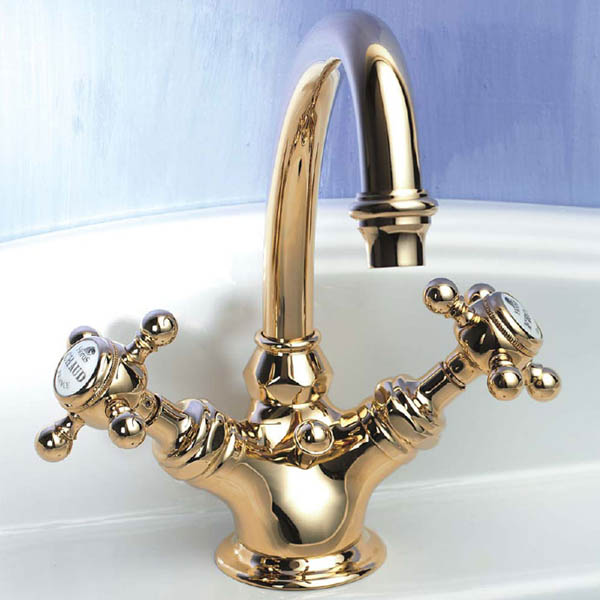
Q: What should I do if my tap is dripping? A: A dripping tap could indicate a worn-out washer or valve. Repair it promptly to prevent further leaks.
Q: What’s the average cost of professional tap repair? A: The cost can vary based on the extent of the repair and the service provider. It’s best to obtain quotes from different professionals.
Tap installation and tap repair
Tap installation and tap repair are essential aspects of maintaining a reliable water supply in your home. Choosing the right tap, ensuring proper installation, and knowing when to call for professional repairs can help you avoid inconveniences and water wastage. Additionally, investing in a backup sump pump provides an extra layer of protection against flooding, protecting your valuable belongings and home infrastructure.
FAQs about dripping taps

1. How can I prevent my tap from dripping?
Regularly check and replace washers or O-rings if you notice dripping. Also, consider installing a water-efficient faucet.
2. What should I do if my tap has low water pressure?
Low water pressure can be caused by various factors. Start by checking for clogs in the faucet aerator, but if the problem persists, consult a professional plumber Bristol.
